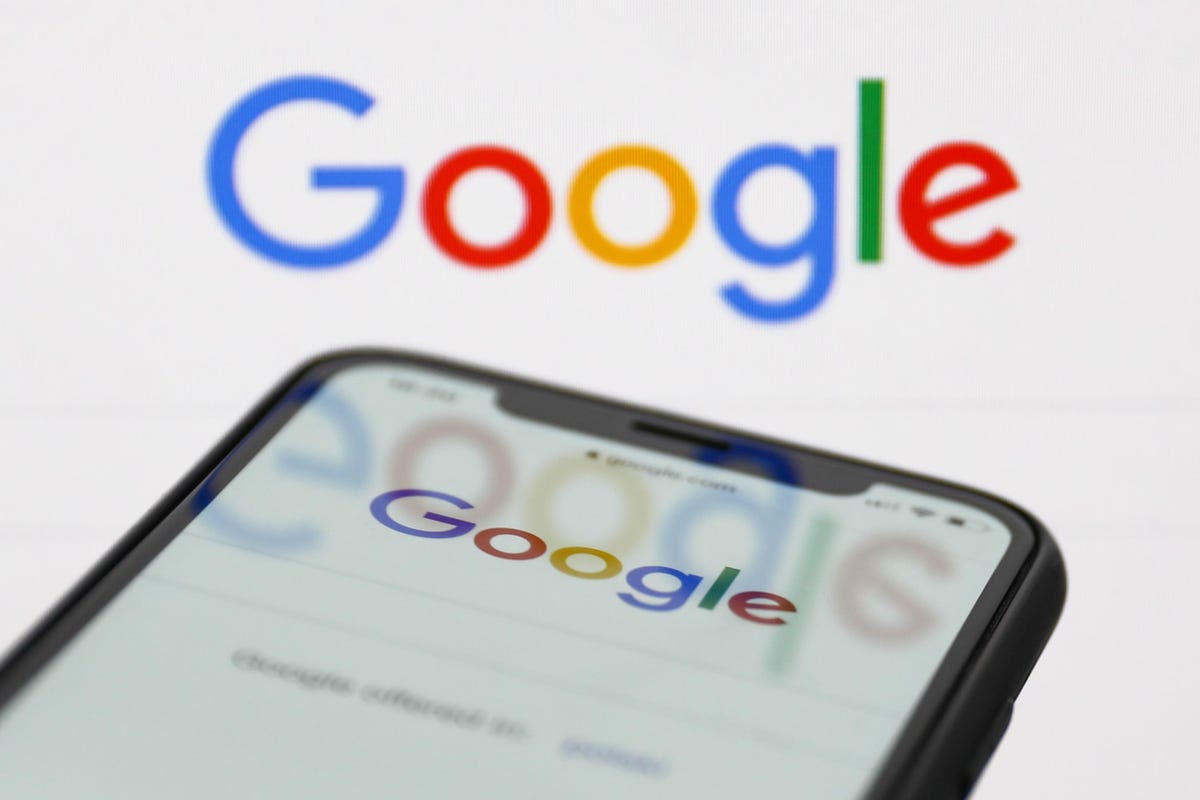Fb guardian Meta introduced that it will be testing new methods for its Instagram platform to … [+] confirm the age of its customers. (Picture by Justin Sullivan/Getty Photographs)
Final month, Fb guardian Meta introduced that it will be testing new methods for its Instagram platform to confirm the age of its customers. The social media service at present requires that customers be at the least 13 years outdated to enroll, whereas in some nations, the minimal age requirement is even greater.
Meta has partnered with Yoti, an organization that focuses on on-line age verification, and is now using synthetic intelligence (AI) as a part of the efforts to find out which customers are teenagers and that are adults.
“We’re testing new choices for individuals on Instagram to confirm their age, beginning with individuals primarily based within the US,” the company announced. “If somebody makes an attempt to edit their date of delivery on Instagram from underneath the age of 18 to 18 or over, we’ll require them to confirm their age utilizing one among three choices: add their ID, file a video selfie or ask mutual pals to confirm their age. We’re testing this so we are able to be sure that teenagers and adults are in the correct expertise for his or her age group.”
A First Step
The truth that Meta is instituting these practices reveals that it’s taking the difficulty at the least considerably severely, and it may very well be seen as an necessary first step.
“One of many apparent safety execs for offering age verification is that the meant ‘Grownup’ viewers for the social media platform is simply that ‘Adults,'” said Dr. Brian Gant, assistant professor of cybersecurity at Maryville University.
“A web site that may promote their course of and supply statistics is exceptionally helpful supplies consolation to all stakeholders doubtlessly stopping crimes like sexual exploitation, cyberbullying, and even fraud,” Gant added. “With any stage of safety on purposes or platforms it’s important to have a number of layers to be only. Age verification is an instance of a kind of layers however you may take it a step additional with multi issue authentication (MFA) and likewise peer identification similar to submitting movies to corroborate the age of customers.”
Nonetheless, even these efforts might not go far sufficient in serving to shield minors.
“Whereas it’s an effort to guard youth, it’s severely flawed. The age verification coverage won’t assist shield minors or could have a minimal impact,” defined Lois Ritter, instructing affiliate professor for the Masters of Public Health Program at the University of Nevada, Reno.
“New customers can merely lie about their age because the coverage solely refers to those that have an current account. Current customers can create new accounts or skirt across the age verification processes, which embrace importing their identification (ID), recording a video selfie, or ask mutual pals to confirm their age, known as social vouching,” Ritter added. “Listed below are examples of how these approaches may be ineffective when it comes to verifying age and defending minors from points such a intercourse trafficking and substance misuse.”
Enter Digital Faux IDs?
Utilizing another person’s ID will likely be simpler than attempting to purchase alcohol or enter a dance membership, Ritter additional famous, and warned that video selfies are equally flawed.
“Can synthetic intelligence actually inform the distinction between a 17 12 months outdated and an 18 12 months outdated,” she contemplated. “Additionally, utilizing make-up, wigs, and different props one can look older. Utilizing synthetic intelligence to estimate age is error inclined, and there are lots of youth, notably those that are being trafficked, who’re made to look older by the trafficker. Youth who usually are not trafficking victims, can look older than they’re as they develop at completely different charges.”
There will definitely be related issues with the “social vouching,” because it might even presumably put some kids in hurt’s approach – “similar to intercourse traffickers or adults buying their companies,” stated Ritter. “As well as, my guess is {that a} system will likely be developed for individuals to be paid for social vouching, and it’ll develop into one other unlawful income supply. Like individuals paying somebody to go contained in the liquor retailer and buy alcohol for them.”
Furthermore, these age verifications don’t appear to deal with the truth that underage youth might nonetheless have an grownup share a password.
“Intercourse trafficking victims can have his or her trafficker signal on utilizing the traffickers account,” warned Ritter. “Traffickers usually monitor or management trafficking sufferer’s on-line habits so that is possible. For instance, traffickers might require victims to interact with potential ‘shoppers’ on-line. It won’t assist with traffickers posting images of their victims or with digital intercourse trafficking.”
What About The Knowledge?
Along with the issues that this information may not really assist shield kids, there’s additionally the difficulty of how the age verification data will likely be used? As we have already seen, social media firms have not precisely confirmed to be completely reliable with person information.
“Customers must belief that the social media platforms implementing this sort of know-how will delete the information instantly as soon as age verification is finished,” stated Gant. “Knowledge is essential and people who have it maintain the keys to the dominion. If firms use this information to not solely conduct age verification however verify the identities of people that could be a very slippery slope.”
Ritter is much more cynical about these efforts, suggesting, “This can be a method to appease Congress and anxious residents in regards to the media platforms’ detrimental results on youth. Sadly, it’s a public relations effort and never an answer to the issue.”






